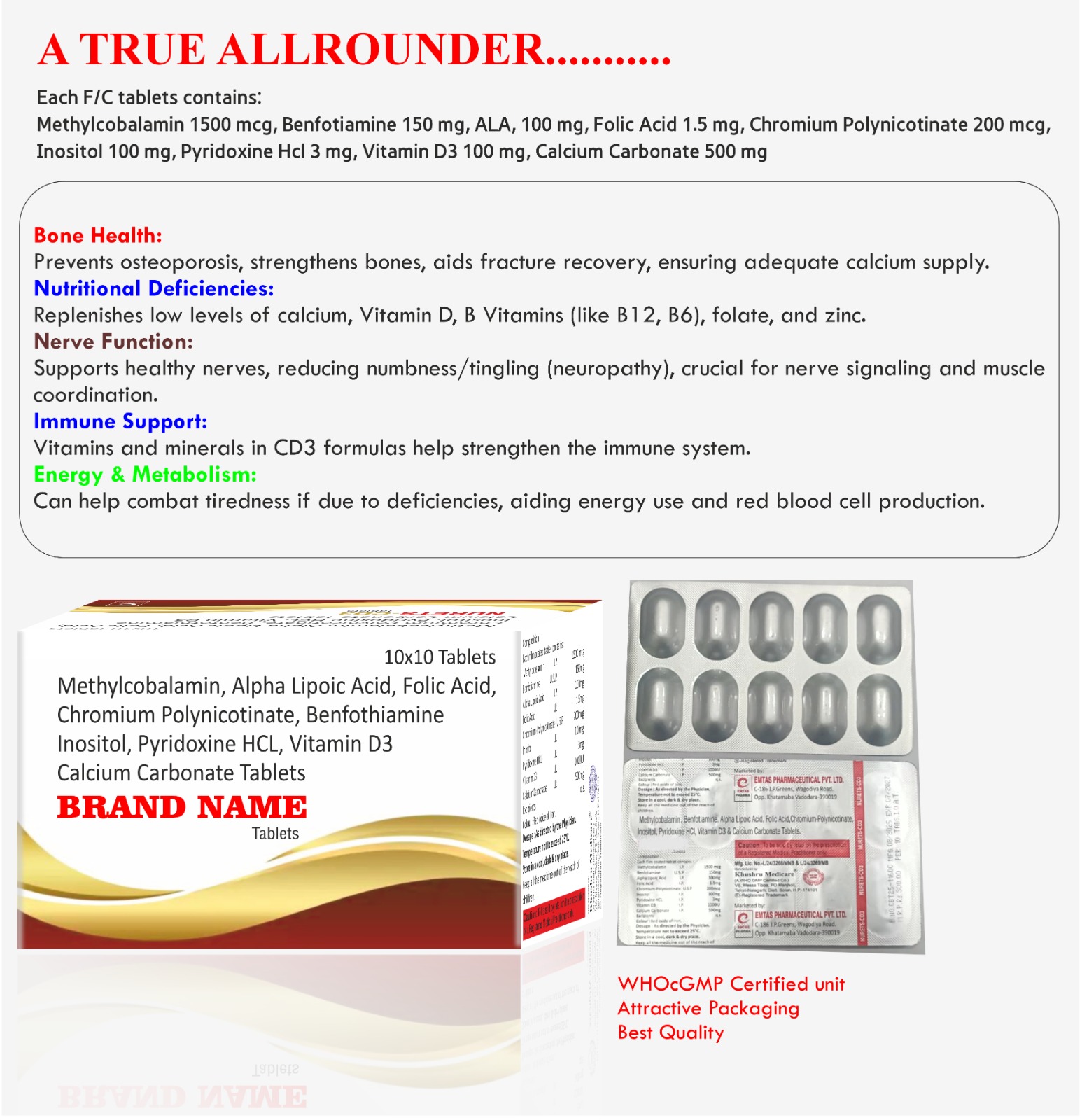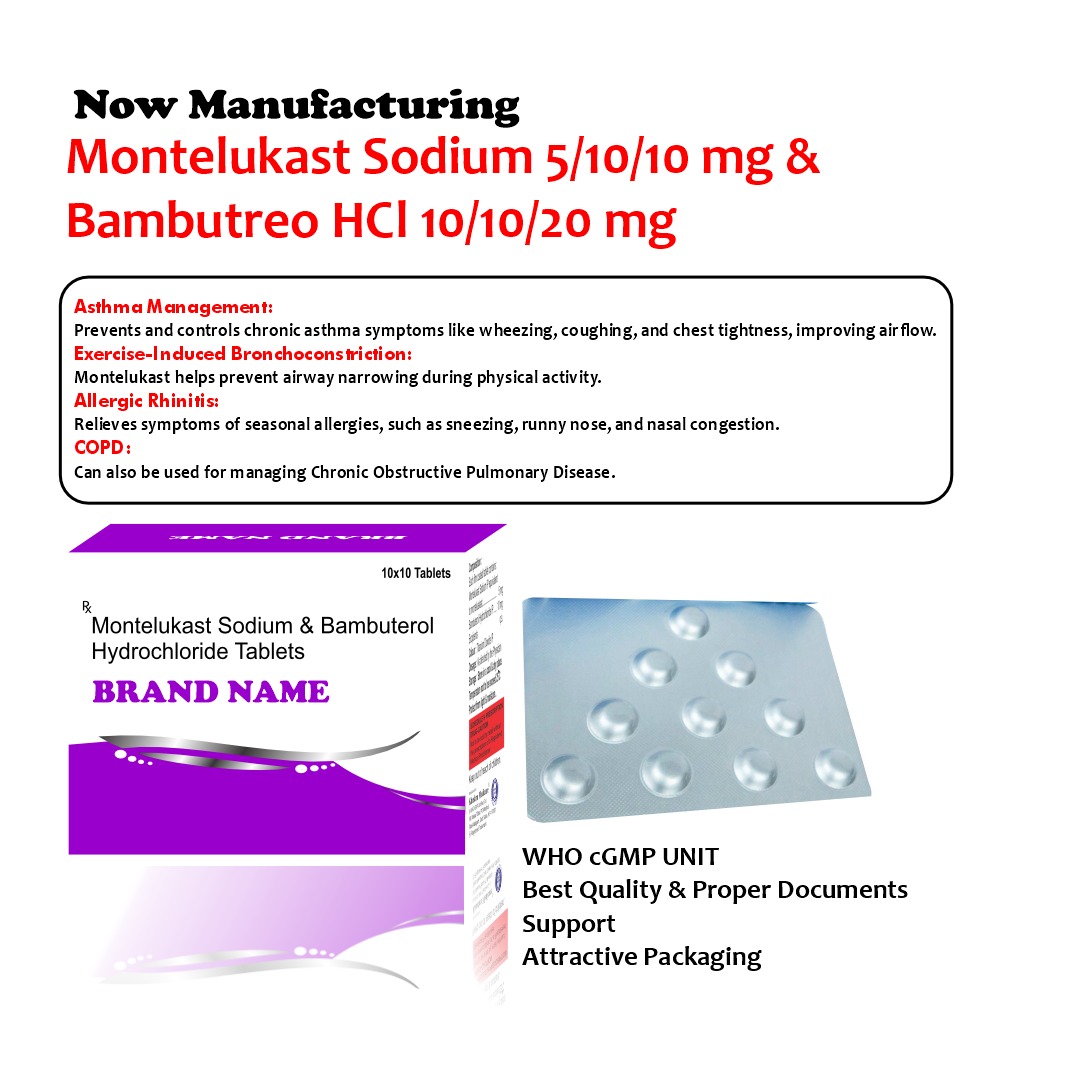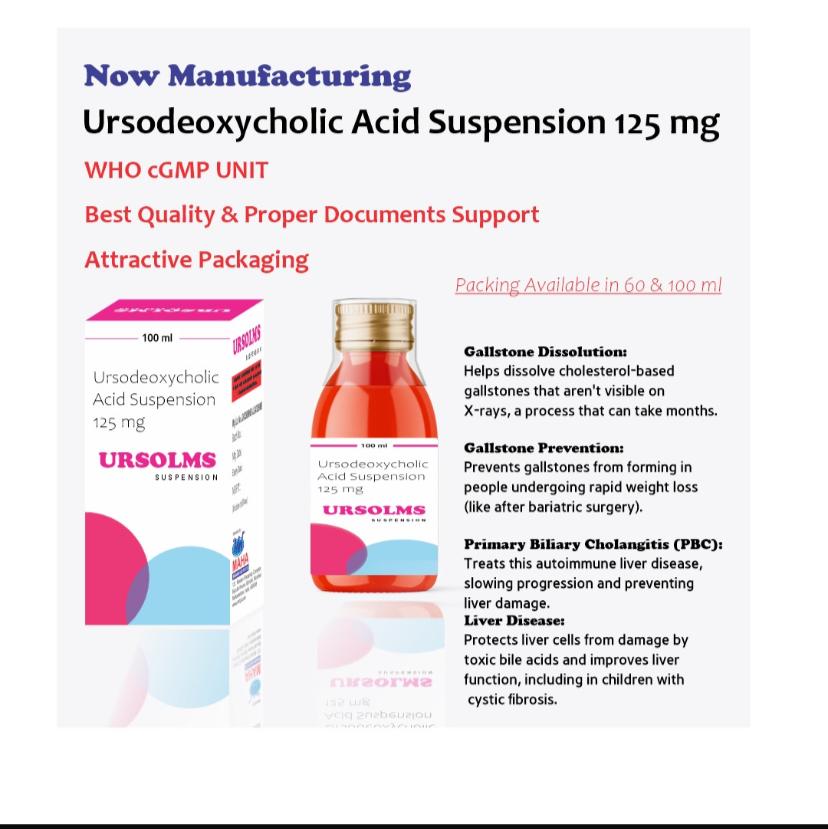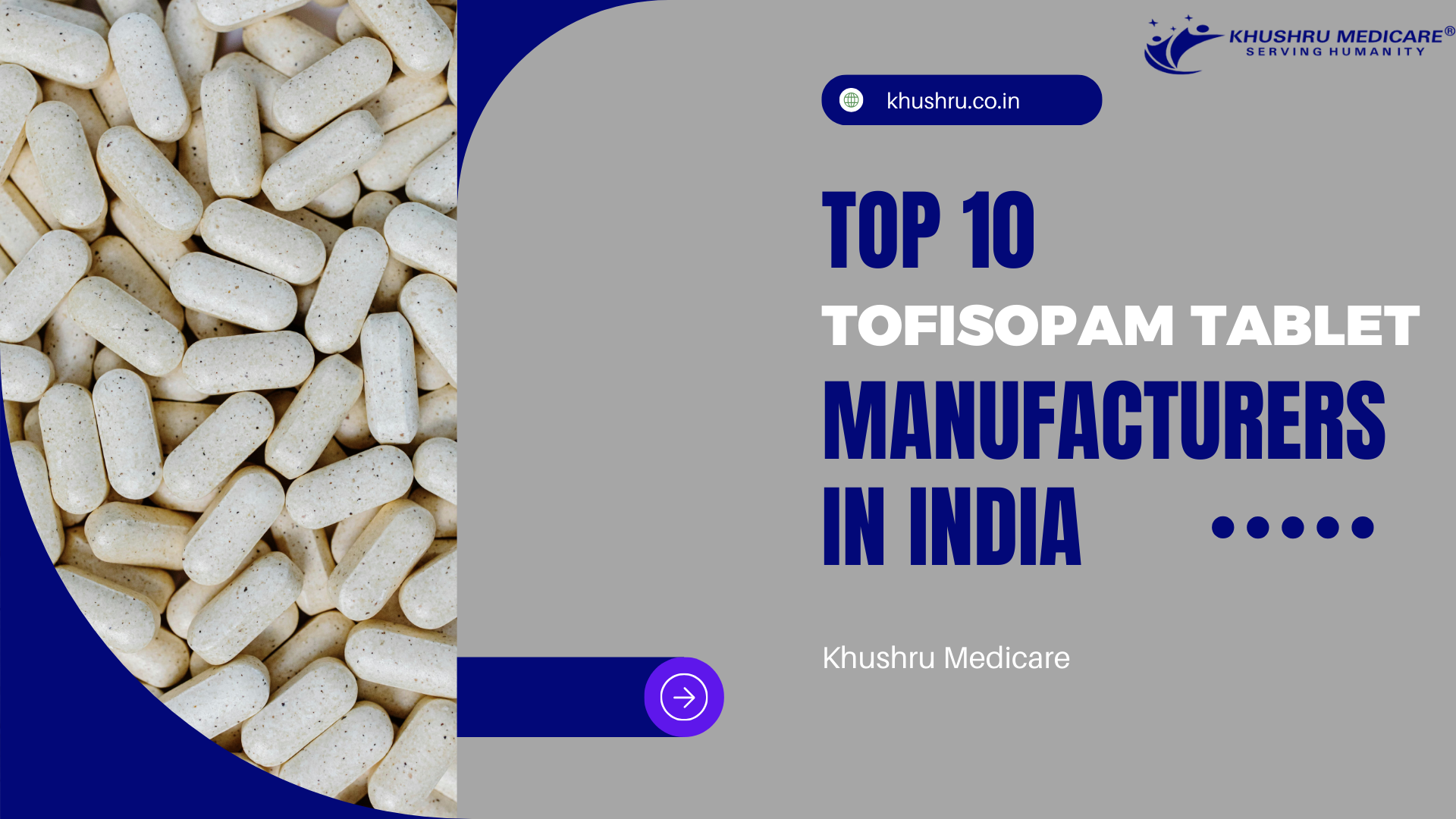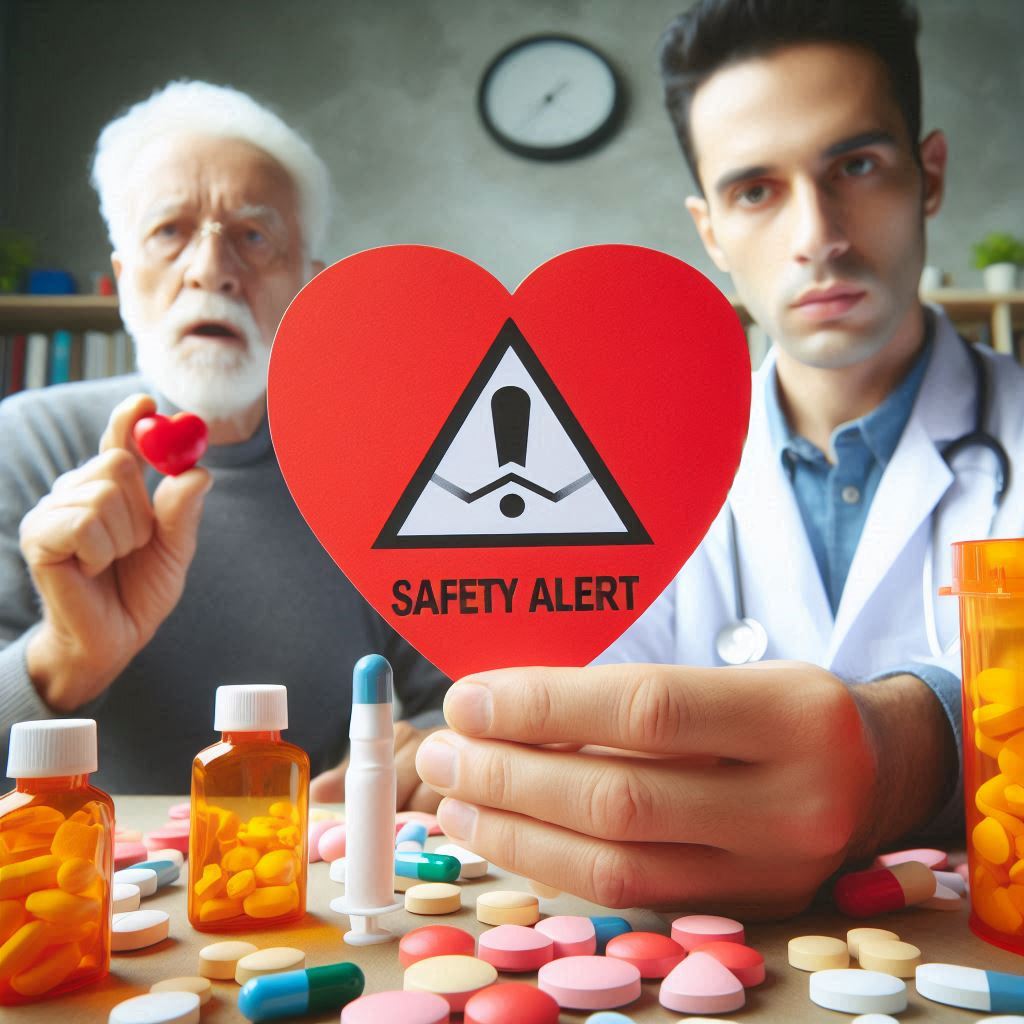
It’s critical to comprehend the possible risks that pharmaceuticals may pose to our health. This blog emphasizes patient education and pharmaceutical safety updates while concentrating on heart issues and glaucoma medications’ side effects. You can more effectively manage your health and make sure your treatments are working if you keep yourself informed.
Overview of Heart and Glaucoma Medications
Common Heart Medications
Medication for heart health is essential for treating problems like arrhythmias, heart disease, and hypertension. ACE inhibitors, statins, and beta-blockers are common medications. These drugs assist in lowering cholesterol, controlling blood pressure, and preventing heart attacks. However, patients should be warned that they may have adverse effects.
Common Glaucoma Medications
The goals of glaucoma therapy are to preserve the optic nerve and reduce intraocular pressure. Alpha agonists, prostaglandin analogs, and beta-blockers are among the medications that are often recommended. Although these drugs effectively treat glaucoma, they may cause side effects that make daily chores more difficult.
Importance of Medication Adherence
It is essential to follow your doctor’s instructions to manage glaucoma and heart problems effectively. Skipping doses or stopping your medication without consulting your doctor can have detrimental heart and glaucoma medications’ side effects on your health. Always follow your healthcare provider’s recommendations and voice any concerns promptly.
Identified Heath and Glaucoma Medications’ Side Effects
Heart Medications’ Side Effects
Heart drugs can have a wide range of adverse effects, from minor to dangerous. Fatigue, queasy feeling, and lightheadedness are typical adverse effects. Swelling, abnormal heartbeats, and allergic reactions are examples of more serious side effects. It’s critical to identify these signs and get medical assistance for any strange reactions.
A wide range of adverse effects, from minor to major, can occur with heart drugs. Nausea, vertigo, and fatigue are typical adverse effects. Allergic reactions, edema, and irregular heartbeats are examples of more serious consequences. It is essential to recognize these signs and get medical assistance for any odd reactions.
Glaucoma Medications’ Side Effects
Medication for glaucoma also has unique side effects. Patients may have redness, inflammation, and blurred vision in their eyes. More serious adverse effects, such as sadness, dyspnea, and heart rate fluctuations, may manifest in certain instances. You can lower these risks by keeping an eye on your health and maintaining communication with your physician.
Heart and Glaucoma’s Medication Safety Measures
Medication Safety Tips
Always read the instructions and take prescription medications exactly as directed in order to ensure their safety. To keep track of your dosages and any adverse effects, keep a drug log. To avoid unintended drug interactions, speak with your healthcare professional before mixing medications.
Consulting Healthcare Providers
Keeping up with routine medical visits is essential for efficient medication administration. Your doctor may change your medicine or dosage if you have significant side effects. Never conceal information regarding the over-the-counter medications and vitamins you use, as well as prescription drugs you take.
Patient Safety Information
Using a variety of services, patients can remain knowledgeable about their drugs. Current information about drug safety and adverse effects can be found on websites such as those maintained by the FDA and the CDC. Participating in patient support groups can provide motivation from people dealing with similar medical challenges as well as insightful conversations.
Regulatory and Pharmaceutical Updates
Drug Regulation News
You can better understand the latest developments in drug safety by staying up to date on drug regulations. The FDA and other regulatory bodies often release updates on new research findings, safety alerts, and medication recalls. Monitoring these updates keeps you informed about potential risks associated with your prescription medications.
Pharmaceutical Safety Updates
Pharmaceutical companies constantly conduct research to improve the safety and efficacy of their medications. Recent studies may reveal new interactions or side effects that were not previously known. Signing up for pharmaceutical safety updates keeps you informed about changes that might affect your treatment plan.
Health Risk Awareness
Organizations dedicated to raising health risk awareness play a crucial role in educating the public about drug side effects. They provide useful information and tools to help patients make informed decisions about their treatment. Continuing to participate in these groups helps you better understand the benefits and risks of the medications you take.
Risk Management and Prevention
Identifying Risks
The first step to managing your medications effectively is to identify potential dangers. Track any new or worsening symptoms and note them in your medication diary. Providing your doctor with this information allows them to make appropriate adjustments to your treatment plan.
Preventative Measures
Make good lifestyle choices, such as eating a balanced diet, getting regular exercise, and managing stress, to lessen the chance of negative impacts. These precautions can increase the efficiency of your medications and enhance your general health.
Monitoring and Reporting
Effective risk management requires regular health monitoring and reporting of any side effects to your healthcare professional. Promptly addressing concerns prevents small problems from developing into serious health issues. Your proactive approach can significantly improve your treatment outcomes.
Staying aware the heart and glaucoma medications’ side effects is vital for maintaining your health. You can manage your medications safely and effectively by following your treatment plan, consulting your healthcare professional, and keeping up with pharmaceutical and regulatory developments. Remember, you control your health, and staying aware of potential medication side effects can lead to a healthier, happier life.

